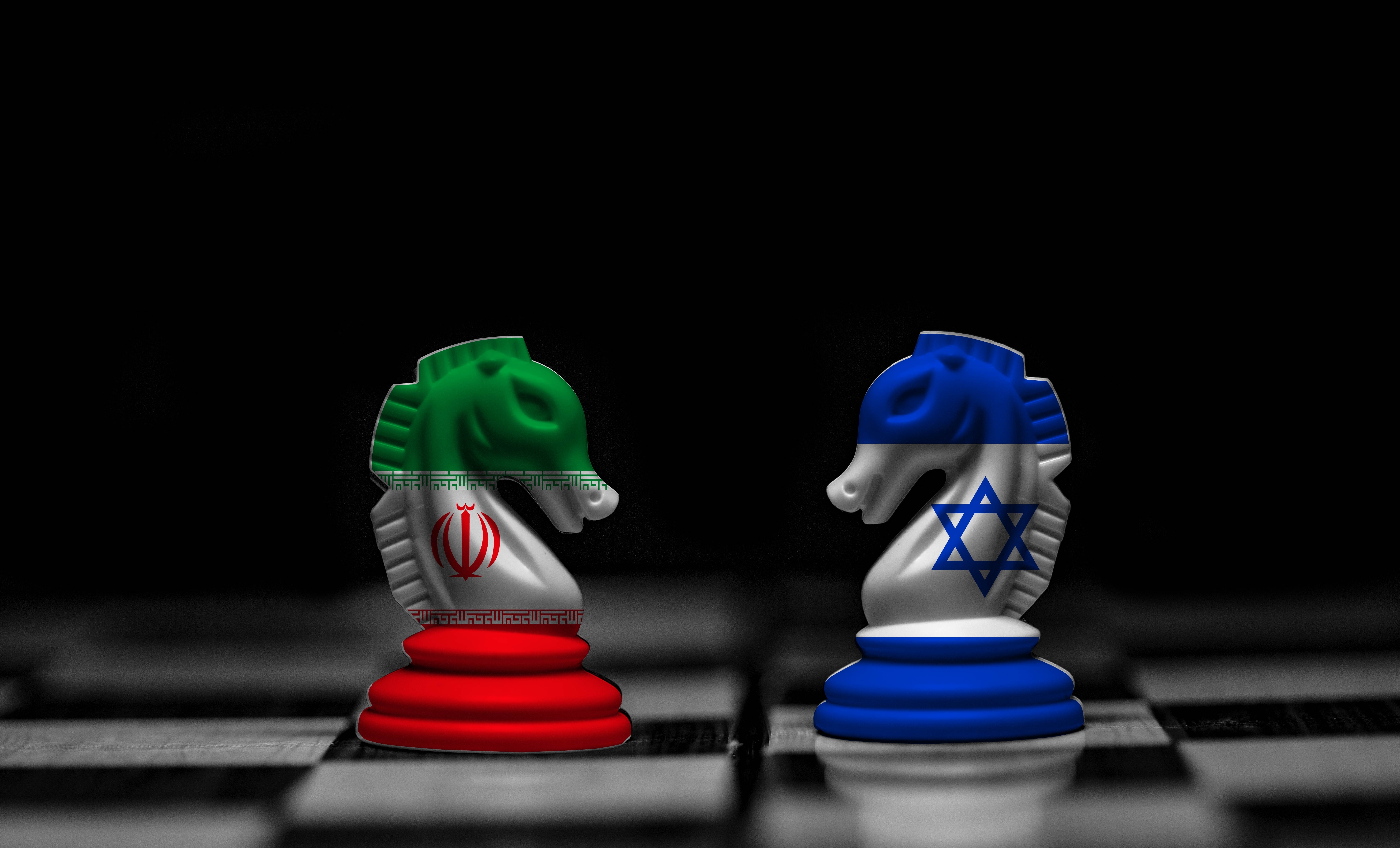Iran’s Jewish Leaders Slam Israel Amid Escalating Conflict
As tensions rise between Iran and Israel, leading figures from Iran’s Jewish community issue statements condemning Israel’s military actions, aligning with Tehran’s narrative and raising questions about minority representation under authoritarian rule.

In the wake of Israel’s latest airstrikes on Iranian military infrastructure, two prominent figures from Iran’s Jewish community have issued public condemnations of the Israeli government, in what observers say reflects Tehran’s use of religious minorities to strengthen its geopolitical messaging.
Dr. Homayoun Sameh Yah Najafabadi, the Jewish representative in Iran’s Majlis (parliament), released a letter accusing Israel of committing war crimes. Citing the recent military exchange, he asserted that “the Zionist regime’s military ability to penetrate Iran’s territory was very weak,” and called on the “free world” to “stand against the Zionist regime and its crimes.”
His remarks were circulated by Iranian state media, which emphasized Jewish support for the government’s response to what it labeled Israeli aggression. The framing plays into a longstanding Iranian strategy: using minority representatives to signal domestic unity and international legitimacy in moments of crisis.
In a separate statement, Hacham Younes Hamami Lalehzar, a senior rabbi and one of the religious leaders of Iran’s Jewish community, quoted the Book of Isaiah in what appeared to be a veiled critique of Israel’s military actions.
“Woe to the wicked, for the work of his hands will be done to him,” he said, echoing state language that portrays Israel as the sole aggressor in the unfolding conflict.
The statements, though markedly different in tone—Dr. Sameh’s was direct and political, while Rabbi Lalehzar’s leaned religious and allegorical—nonetheless align with the official Iranian position. Both men have long served as public faces of Iran’s Jewish minority, a community that has dwindled from over 100,000 before the 1979 revolution to fewer than 9,000 today.
Instrumentalized Identity
Iran’s constitution formally protects Jews and other religious minorities, including Christians and Zoroastrians, and allocates them reserved seats in parliament. Yet many rights groups have argued that these protections are symbolic at best and coercive at worst.
“The regime routinely uses minority voices to give legitimacy to its policies,” said one regional analyst who spoke on condition of anonymity. “When a Jewish lawmaker calls Israel a war criminal, or a rabbi quotes scripture in support of the regime, it’s not just rhetoric—it’s political theater.”
Dr. Sameh has previously attended Quds Day rallies—annual anti-Israel demonstrations organized by the Iranian government—and his speeches have consistently mirrored the state’s position. Critics argue that such alignment is less a reflection of community sentiment than the reality of surviving as a religious minority under a theocratic regime.
Navigating Survival
Iran’s Jewish leaders walk a delicate line. Public loyalty to the regime can serve as a protective buffer for their community, but it comes at the cost of being seen abroad as spokespeople for an authoritarian state. Their statements often straddle that line: invoking Jewish tradition while reinforcing the regime’s worldview.
As the regional conflict escalates, the words of Iran’s Jewish representatives will likely continue to feature in Iranian propaganda. Whether they are speaking freely or under quiet duress, their voices serve a dual purpose—for internal unity and international optics.